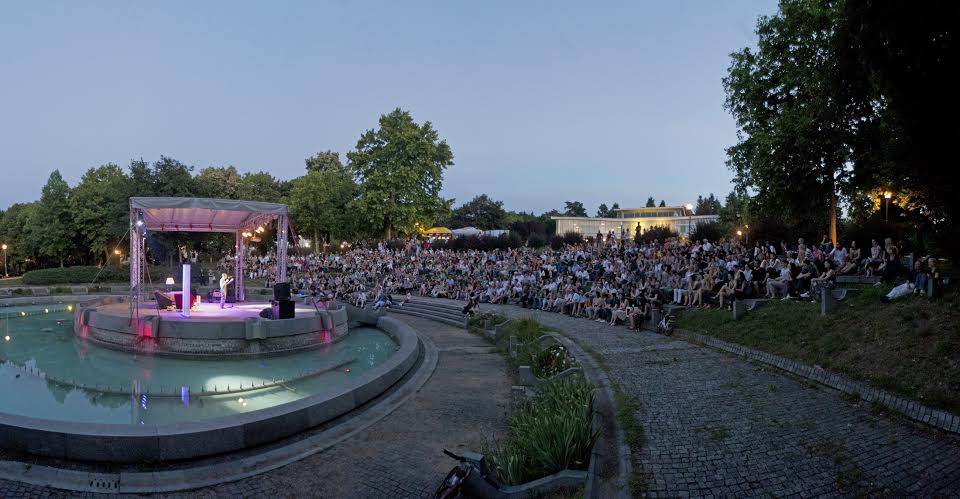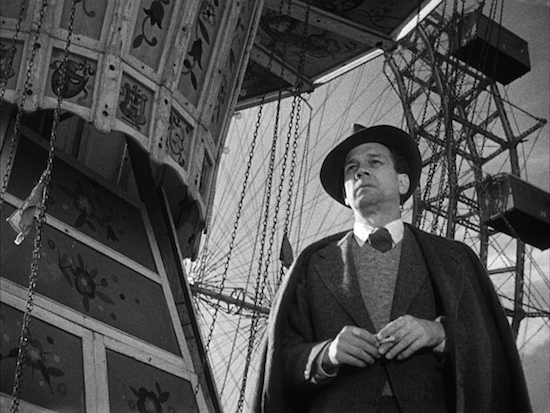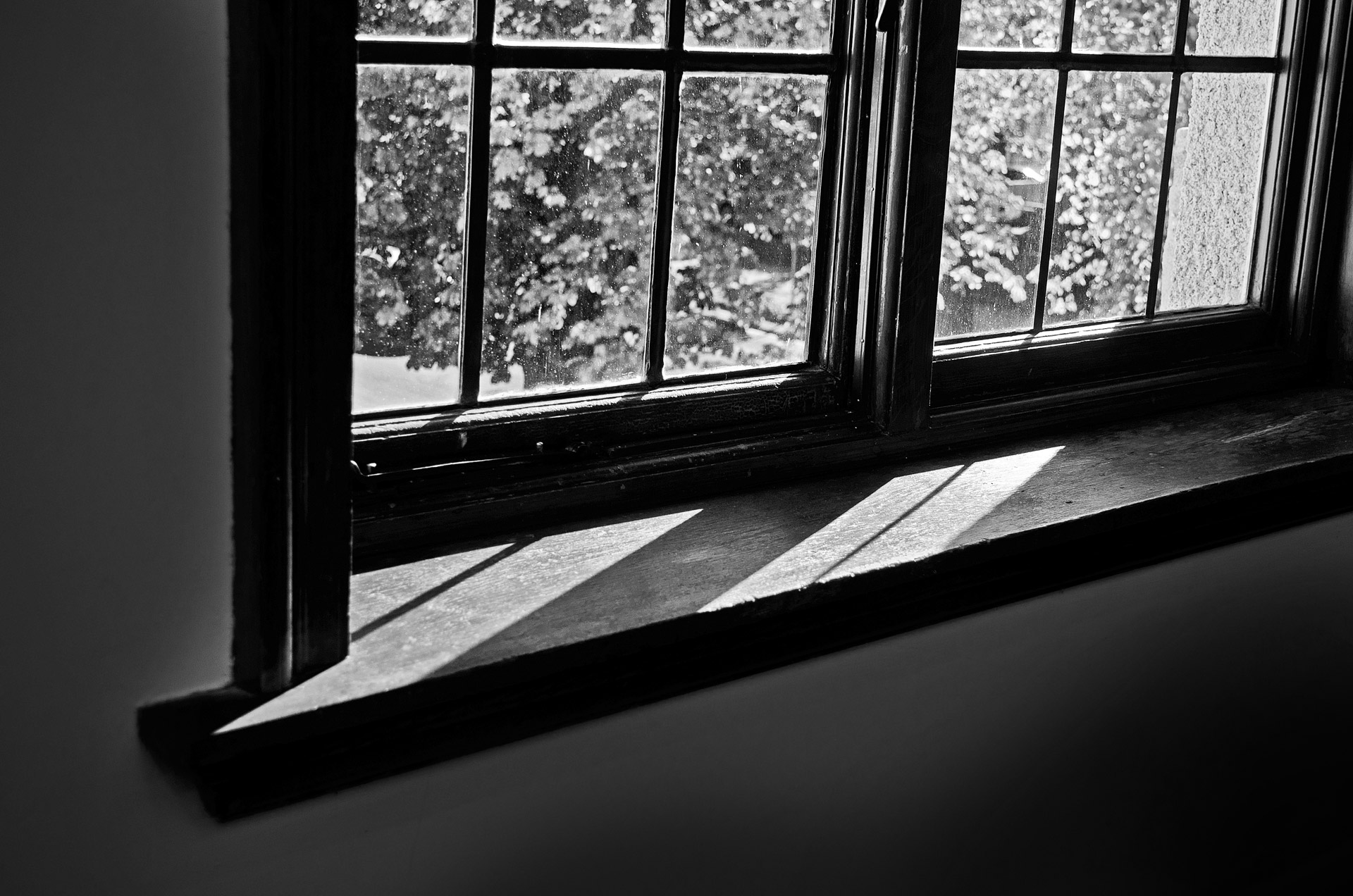This week’s literary news comes from our writers in Palestine, Serbia, and the United States. In Palestine, the winners of the Najati Sidqi Competition have been announced; in Serbia, the annual KROKODIL festival has welcomed an array of authors, with a particular emphasis on regional female poets and prose writers; and in the United States, the University of Notre Dame’s reading series began with a reading by Paul Cunningham and Johannes Göransson, in addition to the launch of a new program focusing on “Literatures of Annihilation, Exile & Resistance.” Read on to find out more!
Carol Khoury, Editor-at-Large, reporting from Palestine
Out of eighty-nine applications from different parts of Palestine and the diaspora, the three winners of the Najati Sidqi Competition for Short Story by Young Writers (2020) have been announced: “al-Barzakh” (The Isthmus) by Muhammad Atef Ghuneim from Nuseirat Camp in Gaza; “al-Toot al-Faased” (Rotten Berries) by Dunya Yusef Abdullah from Salfit, which is published in Arabic here; and “al-Khalaas ka Dam’a: Seeret Bukaa’ al-Sayyed Meem” (Salvation As a Tear: Crying Biography of Mr M.) by Majd Abu Amer from Gaza. According to the jury (which consisted of three renowned Palestinian writers: Safi Safi, Ziad Khadash, and Amani Junaidi), the prize “comes in recognition of the importance of the role of youth in cultural life and building a national society capable of preserving the history and memory of place and man,” as well as to honor the legacy of Najati Sidqi.
In a new venture between Palestinians on both sides of the Green Line, Tibaq Publishing in Ramallah published Qalaaqel Jameel wa Hiyaam (Jamil and Hiyam’s Turbelences) by Hani Salloum from Nazareth. The play is about a romantic relationship, taking place between the two cities of Nazareth and Haifa, which sheds light on the social transformations that have affected Palestinian Arab communities in Israel. This is the second literary work by Salloum, after his novel al-Khuruuj min Halaqat al-Raaqisseen (Exiting the Dancers’ Circle) was published in 1997.
Five Palestinian authors have been selected for the new Arabic Stories by emerging writers, published bilingually in Arabic and English by adda. adda is an online magazine of new international writing, which supports and promotes stories and literary talent from the Middle East. Arabic Stories is part of the project Short Stories by KfW Stiftung in cooperation with the Goethe-Institut and Commonwealth Writers. The five selected stories are: Mai Kaloti’s “The Madman of Almond Hill,” translated by Basma Ghalayini; Majdal Hindi’s “Fly,” translated by Katharine Halls; Eman Sharabati’s “A Story from the South” —her first published story—also translated by Halls; Huda Armosh’s “Walking on Quicksand,” translated by Nariman Youssef; and Mira Sidawi’s “The Story of Nasr,” translated by Basma Ghalayini. READ MORE…




